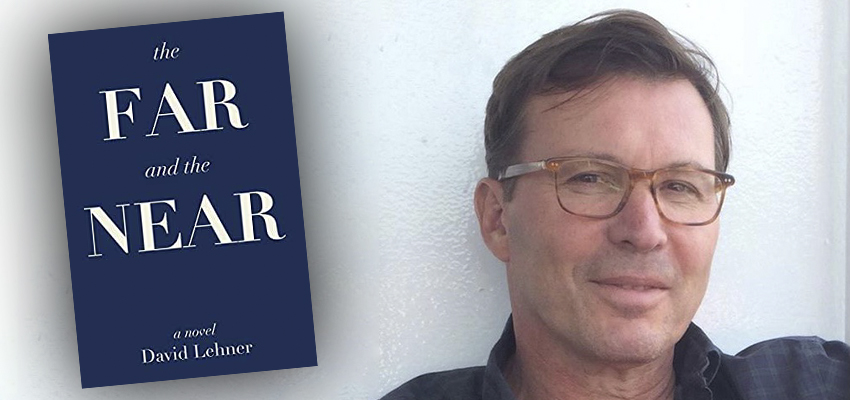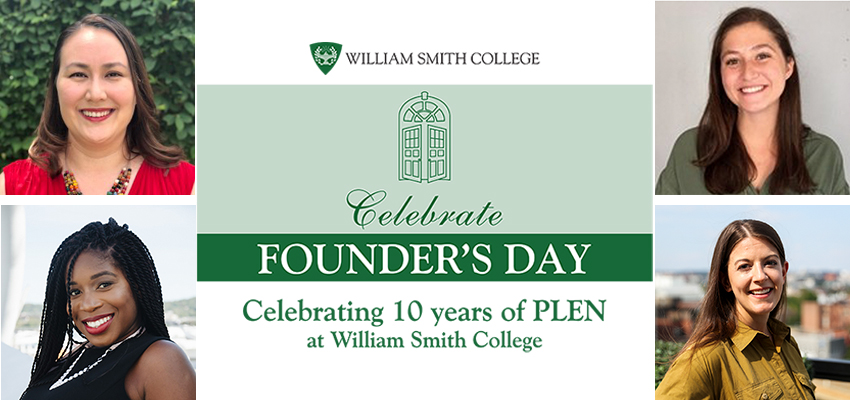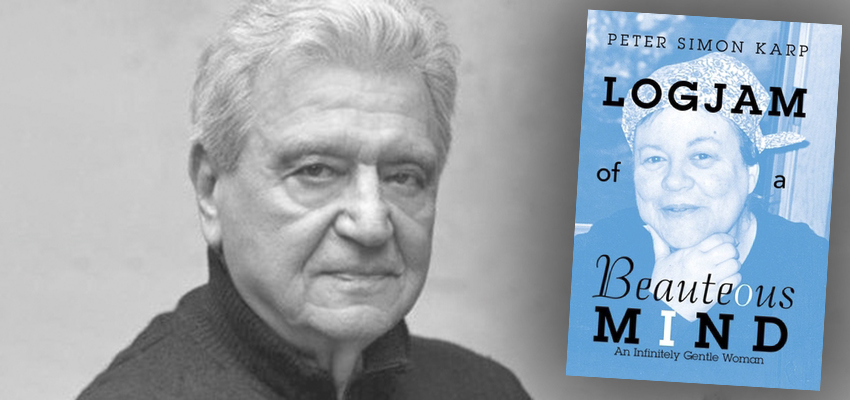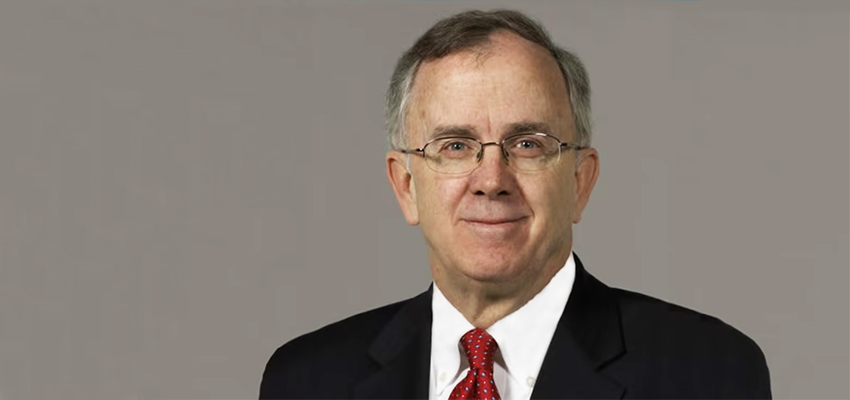
HWS News
12 October 2021 • Alums The Far and the Near Released This Year
David Lehner ’80’s fourth novel, The Far and the Near, explores the ramifications of cancel culture and the suppression of ideas.
“The theme (of The Far and the Near) is persecution and the suppression of ideas: Why do we do it? Why do we stand by and allow it to happen? How do we prevent it?” says David Lehner ’80 of this fourth novel.
Through a plot that follows a researcher who works for a corrupt government agency, Lehner interweaves a history of censorship, opium exports and human trafficking. “The question isn’t so much ‘what is the truth here?’ — something that needs to be determined through open discussion — but rather ‘are we free to discuss and question this truth?’” says the writer and former chair of the English Department at Rye County Day School.
Through his four novels and other scholarly articles, Lehner enjoys bringing together literature, philosophy and cognitive approaches to literary theory. This latest title follows Eclipse (2012) a satire of modern art, morals and academia loosely based on The Satyricon of Patronius by Paetronius Arbiter. Unwelcome Light (2010) is a “prep school novel” about a man returning to his hometown to solve the mystery of his birth. Lehner’s first novel Bright Day (2000) focuses on covert racial warfare hypothetically perpetrated by the government.
Lehner believes his career in education as well as his time growing up as a Quaker shaped his approach to writing. “As a teacher, my primary goal was always allowing my students to really be heard, to feel comfortable that they can speak up, contribute and be accepted,” he says. “Much of this practice comes from my Quaker background. We listen first, accept differences of opinion, and are comfortable with disagreement.”
The Colleges’ emphasis on interdisciplinary education has also played a role, he says. “I think the Hobart idea of making connections between disciplines gave its graduates a real advantage in life, and not just in academic fields.” He credits the Colleges’ faculty with influencing him as a writer and thinker, especially Professor Emeritus of English Daniel O’Connell, the late Professor Emeritus of English John Lydenberg and the late Professor Emeritus of Philosophy Perrell F. Payne Jr.
He says his advisor O’Connell and Lydenberg “taught me that literature comes out of a social, historical and political context, and that you need to dive into that if you hope to understand what an author is up to,” he says. “Perrell Payne, though not a Quaker, reminded me most of my Quaker teachers in high school. We read great works of philosophy together and then it was up to us to tell him what it meant. He had infinite patience and treated us and our (probably primitive) ideas with great respect.”
Before coming to Hobart, Lehner served in the U.S. Army. After receiving his B.A. in English from Hobart, he pursued his Ph.D. at the City University of New York. He later served as an Adjunct Professor at the City College of New York, English teacher at the George School, Assistant Head of The Masters School before working at Rye Country Day School for more than 18 years. He is now a full-time writer and recently had an article on literary self-reference published in the journal Literature and Philosophy in October 2020.



